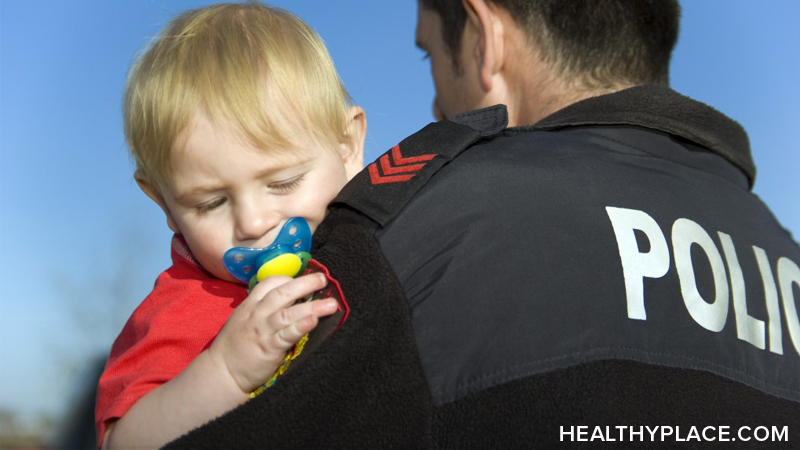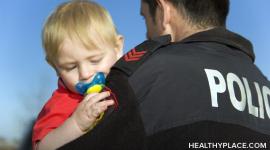How to Report Child Abuse

Reporting child abuse is critical in the prevention of the maltreatment of children. In the vast majority of cases, reports of child abuse are not made by the victims but rather by people around them who know of or suspect the abuse. How and where to report child abuse is something that every adult should know so that if needed, they can protect a child in danger. Reporting child abuse can help a family or even save a child's life.
Mandatory Reporting of Child Abuse
Child Abuse Reporting Laws
In fact, reporting of child abuse is taken so seriously that in every state child abuse laws require some professionals, and in many cases adults in general, to report suspected child abuse. In almost all states, the following professionals are required to report suspected child abuse:1
- Teachers, principals
- Doctors, nurses
- Law enforcement officials
- Social workers
- Childcare workers
Child abuse reporting laws also frequently apply to:
- Clergy
- Parents
- Recreational groups
- Photograph/film processors
- Counselors
- And others
In 18 states, any adult that "suspects or has reasons to believe" that a child has been abused or neglected must report the child abuse.
Not Reporting Child Abuse
Not reporting child abuse may not just hurt the child, but it also may hurt the non-reporter. Mandatory reporters who do not report child abuse face prosecution in the vast majority of states. Not reporting child abuse is typically considered a misdemeanor but may be upgraded to a felony in the case of not reporting serious situations or in the case of repeated non-reporting.
Criminal penalties for not reporting child abuse range between 10 days to 5 years in jail and fines of between $100 and $5000. In some cases, not reporting child abuse also makes the non-reporter civilly liable.2
Where to Report Child Abuse
Knowing who to report child abuse to and how to report child abuse is important. Several systems are in place to make suspected child abuse reports easy to make. Reports of child abuse can be made:3
- Through a law enforcement agency (call the non-emergency number of your local police)
- Child Protective Services (CPS)
- National ChildHelp Hotline
Childhelp is a national organization that provides crisis assistance and other counseling and referral services. The Childhelp National Child Abuse Hotline is staffed 24 hours a day, 7 days a week, with professional crisis counselors who have access to a database of 55,000 emergency, social service, and support resources.
Contact The Childhelp National Child Abuse Hotline at 1.800.4.A.CHILD (1.800.422.4453).
Anonymity of Child Abuse Reports
All calls to The Childhelp National Child Abuse Hotline are anonymous and most state child abuse reporting numbers also accept anonymous child abuse reports; however, states find the inclusion of the reporter's name helpful during investigations. In some states, mandatory reporters must include their name and contact information in child abuse reports.4
Child Protective Services Handling of Child Abuse Reports
Once a report of child abuse is made, Child Protective Services must act. Initially, agency hotline or intake units will either screen in or screen out an individual report. Child abuse reports that are screened out may be referred to other agencies. Child abuse reports that are screened in require an official report and, normally, an investigation from CPS. About two million child abuse reports are screened in annually in the United States.
Once an investigation is conducted, child abuse reports are listed as either:5
- Substantiated – child abuse was proven under the law.
- Indicated – some states differentiate between indicated and substantiated child abuse reports. In indicated child abuse cases, the child abuse cannot be proven under the law but there is a reason to suspect that the child was abused or at risk of abuse.
- Unsubstantiated – insufficient evidence was found to prove or suspect that child abuse had taken place.
From there, CPS decides on appropriate action given the individual situation.
APA Reference
Tracy, N.
(2021, December 17). How to Report Child Abuse, HealthyPlace. Retrieved
on 2026, March 3 from https://www.healthyplace.com/abuse/child-abuse-information/how-to-report-child-abuse



